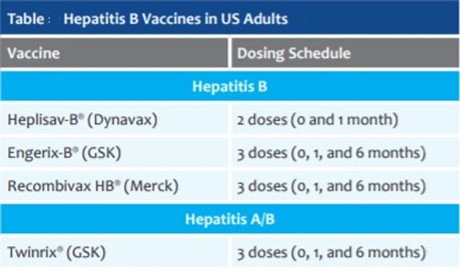When a nurse respects the decision of a client who refuses a blood transfusion, which ethical principle is the nurse upholding?
Beneficence.
Self-determination.
Justice.
Fidelity.
The Correct Answer is B
Self-determination. Self-determination is the ethical principle that respects the right of a person to make their own decisions. When a nurse respects the decision of a client who refuses a blood transfusion, the nurse is upholding this principle by acknowledging and protecting the client’s autonomy.
Choice A is wrong because beneficence is the ethical principle that involves actively seeking benefits or the promotion of good.
While a blood transfusion may be beneficial for the client, it is not the nurse’s role to impose their own judgment on the client’s choice.
Choice C is wrong because justice is the ethical principle that involves fairness and the just distribution of resources.
A blood transfusion is not a scarce resource that needs to be allocated among competing demands.
Choice D is wrong because fidelity is the ethical principle that involves keeping promises and being faithful to one’s commitments.
A blood transfusion is not a promise or a commitment that the nurse has made to the client.
Nursing Test Bank
Naxlex Comprehensive Predictor Exams
Related Questions
Correct Answer is D
Explanation
Insulin regular (Humulin-R) is the only form of insulin that is safe for intravenous administration. This is because it is a short-acting insulin that has a rapid onset and peak time, and does not contain any additives or suspensions that could interfere with the infusion.
Choice A is wrong because insulin aspart (Novo Log) is a rapid-acting insulin that is usually taken right before a meal. It is not suitable for intravenous use because it has a different amino acid sequence than human insulin.
Choice B is wrong because insulin glargine (Lantus) is a long-acting insulin that covers insulin needs for about a full day. It is not suitable for intravenous use because it forms micro-precipitates under the skin that release insulin slowly and steadily.
Choice C is wrong because insulin lispro (Humalog) is a rapid-acting insulin that is usually taken right before a meal. It is not suitable for intravenous use because it has a different amino acid sequence than human insulin.
Correct Answer is B
Explanation
.“I need to receive 3 doses of hepatitis B vaccination to assure protection.” This statement indicates that the person understands that hepatitis B is a serious infection that can be prevented by vaccination.
Hepatitis B vaccine is given as a series of 3 shots over a period of 6 months.

Choice A is wrong because hepatitis A is not usually transmitted through unprotected sex, but through ingestion of contaminated food or water or direct contact with an infected person.
Hepatitis A can also be prevented by vaccination.
Choice C is wrong because hepatitis C can be transmitted through IV drug use, as well as blood transfusions, organ transplants, needlestick injuries, and sharing personal items such as razors or toothbrushes with an infected person.
Hepatitis C can cause chronic liver disease and there is no vaccine for it.
Choice D is wrong because there is a vaccine for hepatitis A, which can provide lifelong protection against the infection.
Hepatitis A usually does not require treatment and most people recover completely within a few weeks. There is no specific medication to cure hepatitis
Whether you are a student looking to ace your exams or a practicing nurse seeking to enhance your expertise , our nursing education contents will empower you with the confidence and competence to make a difference in the lives of patients and become a respected leader in the healthcare field.
Visit Naxlex, invest in your future and unlock endless possibilities with our unparalleled nursing education contents today
Report Wrong Answer on the Current Question
Do you disagree with the answer? If yes, what is your expected answer? Explain.
Kindly be descriptive with the issue you are facing.
